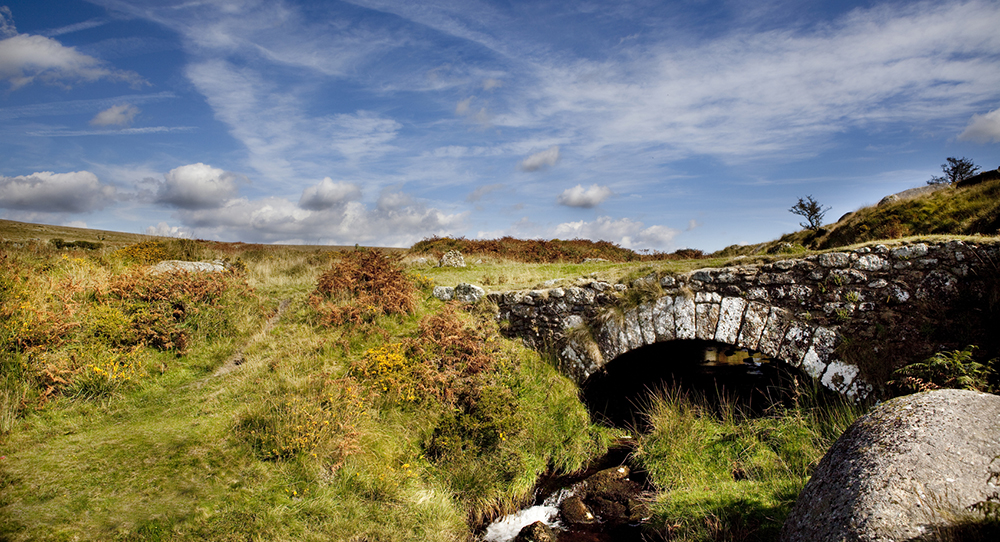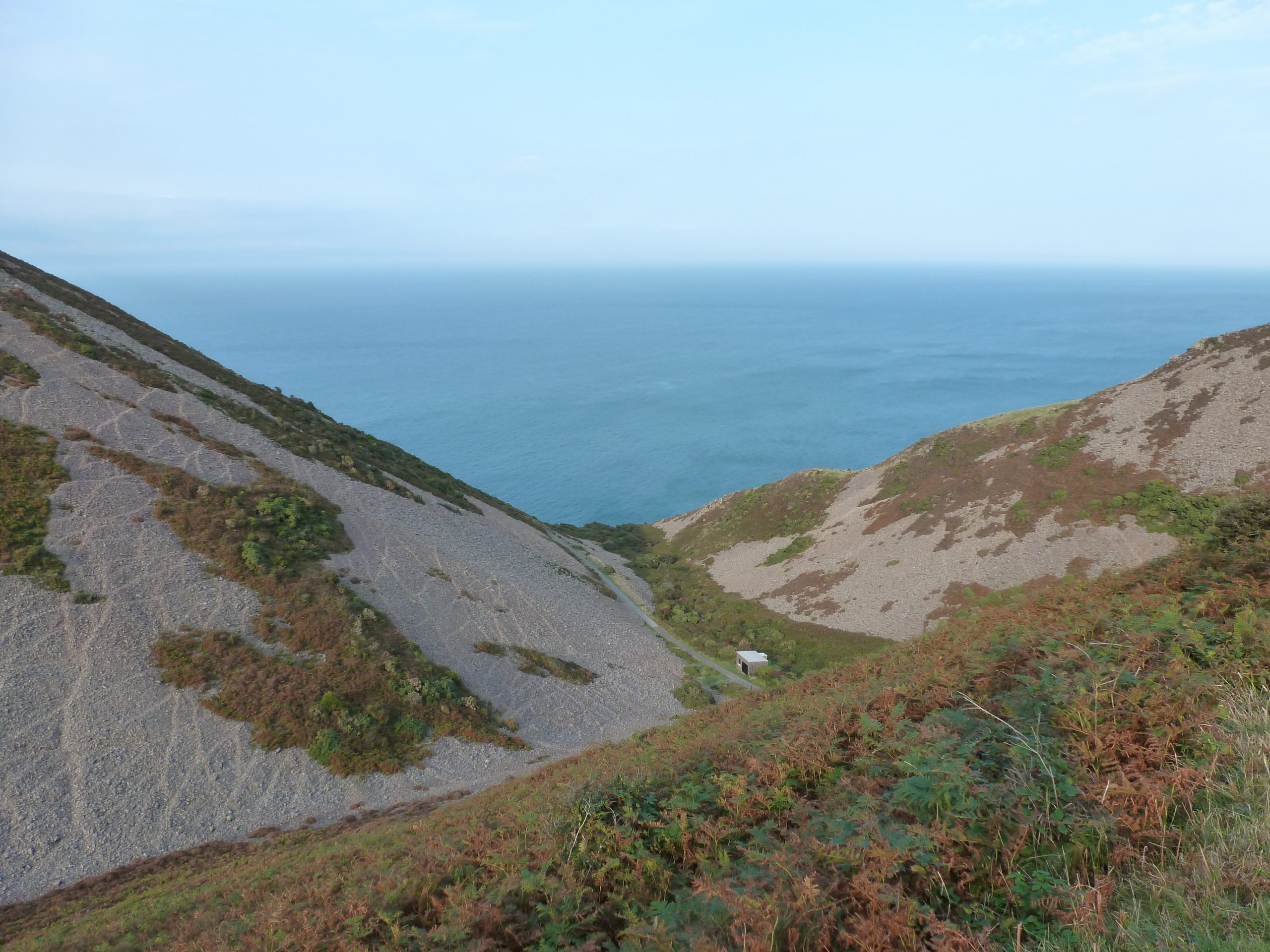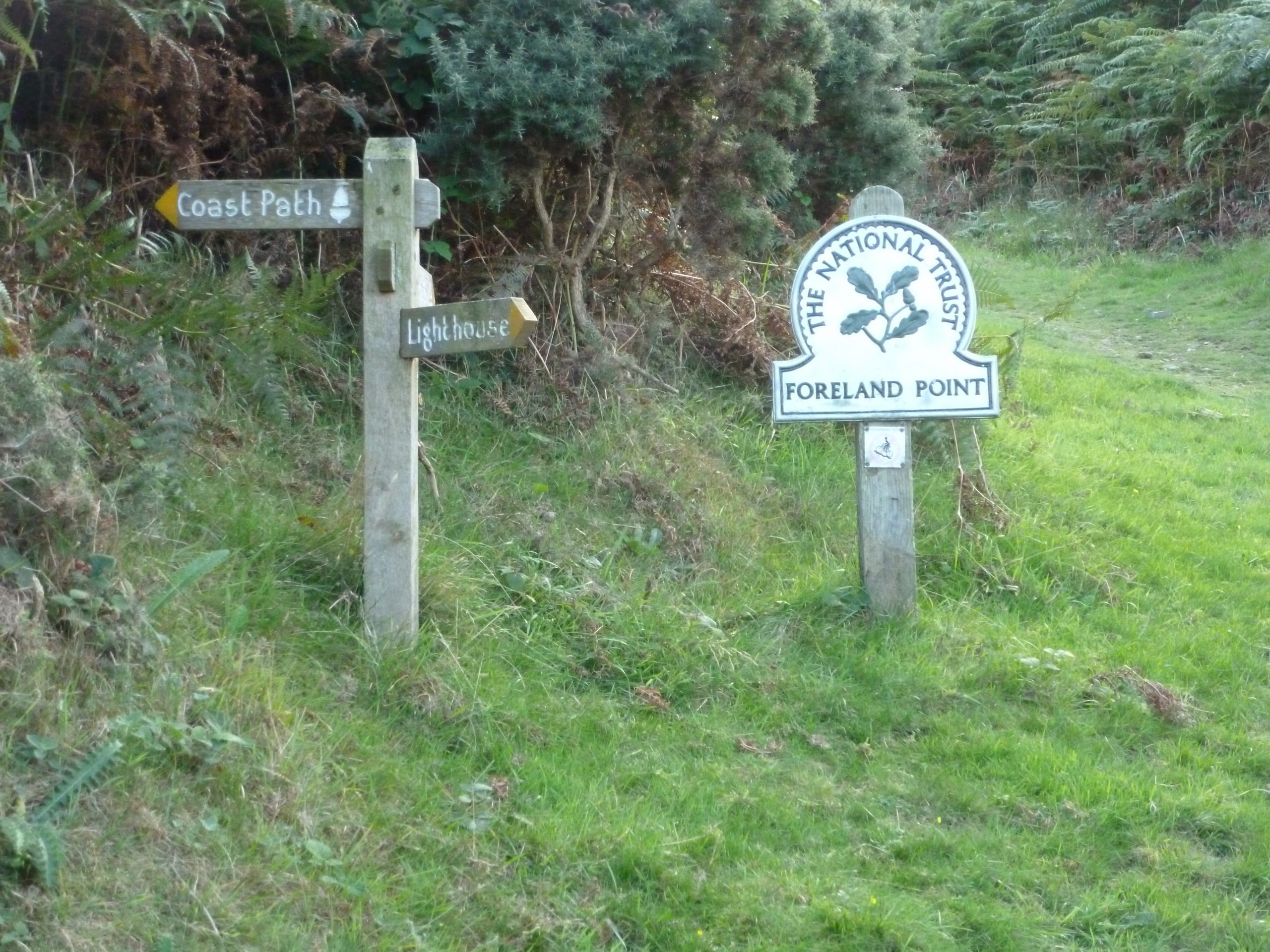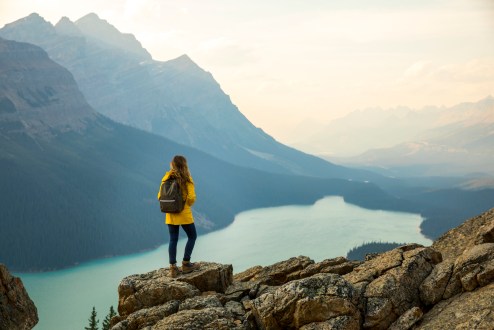Finding solitude in a bothy in Exmoor
In a remote shelter in the wilderness, Jini Reddy finds solace in solitude and peace in the rugged landscape

Leaving my gear at the bothy, I walk slowly, hugging the gorse- and heather-cloaked hills until my gaze alights upon the sea. My head is jammed with thoughts; its circuitry overloaded. It has been an intense, pressure cooker of a year.
Now, I am in the wilds of Exmoor but, for the moment, in body only with my thoughts running amok. But I can feel that sea, billowing blue, quietly working on me.
How long has it been since I have been alone like this, somewhere wild and vivid? Too long. A yearning to connect with nature in the old ways of indigenous cultures – people who do not fear solitude, because they see themselves as part of nature – drives me to seek out time alone in the wild. When I am stripped of company and creature comforts, and the din in my head is quelled, there are fleeting moments when a kind of grace descends, and the edges blur between myself and nature ‘out there’. Nothing nourishes the soul quite so sweetly.

Getting there though, crossing the threshold, settling into a sustained period of alone time in the wild is an initiation. It can involve discomfort, disorientation, boredom, doubt and fear. That last one is hard to outrun and, as the sun begins to sink behind the hills, my fear of the night resurfaces.
The bothy that is my shelter is remote. Behind it is a tangle of growth: trees twisted by the wind, hawthorn and holly and an abundance of rowan with bright red berries. To the Druids and Celts, the rowan tree was sacred, a symbol of protection, and it seems fitting that I’m in a grove of them. Birdsong ripples around me, as does the sea ahead, seamlessly meeting the horizon. There is not a soul about.
There is something poetic, romantic even, about the stark comforts of my abode and I revel in my situation. There is no electricity, just the whistling wind and my thoughts. I eat the chilli I’ve rustled up on the gas cooker and, before long, Exmoor, home to some of the darkest skies in the country, is shrouded in blackness. I close the ‘stable’ doors of the bothy with a clunk and survey the glowing candles I’ve lit. I begin to ‘unfurl’. A little.
I’m grateful for the stone walls, the warmth they contain and the room to manoeuvre, and I’m acutely aware of the difference between the cottage and a tent. In a tent, you can hear rustling and birdsong, feel the wind, smell subtle scents; you’re vulnerable, inches from nature. Here, the walls act as protection from the chill and a barrier against the night.
It’s in the early hours when nature calls in the traditional sense, and I drag myself out of my sleeping bag. Outside, the wind has died down and I take great gulps of sharp, crisp air. The trees are shadowy presences. Behind the compost loo, a light alarms me. I gasp with relief when I realise it’s the moon – on a rare night when the earth’s shadow crosses the Harvest Moon’s path, an event that will not occur again until 2024. In this liminal space, I feel the moon inviting me into her mystery. My intense fear of the night dissolves in an instant.
Me, myself and Mother Nature
This new trajectory in my life began a few years ago. I’d stumbled onto a retreat and spent a few nights alone in the Sinai desert, without a tent. On that occasion, I’d thrown up violently as the wind howled but, once the storm subsided, the deep silence of the desert wove its magic. I can still recall the sun making an arc across the horizon, the dragonfly I ‘befriended’, the twigs I gathered from an acacia tree to make a fire… For weeks afterwards, I experienced an uncommon serenity.
More recently, high in the Pyrenees, I spent five days alone wild camping and fasting, a practice meant to sharpen the senses. At that time in my life, I was feeling unsettled but, by the end of the trip, something had stilled within me. Perhaps that need to commune with nature in a more mystical way was met. The first night I crawled into my tent, fearful of the dark. Then, silence descended. The hairs stood up on the back of my neck and it was as though the mountain was holding its breath. Near to my ear, beyond canvas, I heard an unearthly whisper, unheralded by footsteps or crackling branches. After a minute, the whispering stopped and the mountain exhaled. Did a nature spirit visit me? I don’t know; but, from that day, I felt something shift in me: a tryst with the wild. I knew it would be a lifelong affair.
Back at the bothy
In the morning, I hear a strange noise: it’s a pair of sheep trotting past the door, headed for the lighthouse. What an odd sound they make, half-bleat, half-electric chainsaw.
Over the following days, I hike along a coastal path. High cliffs tower over turbulent waters; seabirds and birds of prey circle overhead. I begin to feel the land seep into my bones, and there is a reawakening of my own wild self. I walk along sloped paths through oak-studded woods. I make offerings at the foot of trees; the ritual of seeking of blessings from nature takes me out of the mundane, to a place where enchantment exists.

I pause and eat hungrily, aware that I’ve earned my food, my appetite is sharpened and healthy as the animal in me awakes. I walk through vegetation, over blustery moors, past shy wild ponies – mothers and foals that turn their backs as I approach. My solitude, now that I’ve crossed the threshold, feels tangible and exciting. Why would anyone not want this?
When I return, the bothy is bathed in golden sunlight. I sit on the doorstep, turn towards the rays and soak up my wild medicine. In nature, in solitude, I’ve come home to myself.
Jini Reddy is the author of ‘Wild Times’ (Bradt Travel Guides, £14.99).
Bothy adventure
A bothy is a stone, stark abode in a remote spot. They are tradionally unlocked and anyone can stay, but the National Trust owns a few secure bothies with compost toilets and drinkable water. Tor McIntosh, who runs Slow Adventure Company, suggested Foreland Bothy in Exmoor National Park. Three nights start from £185 per person for a solo traveller.
For more information, visit slowadventure.co and nationaltrustholidays.org.uk. Jini Reddy travelled by Great Western Railway to Barnstaple.
Go wild in the British Isles
Stay in Strathan or Strathchailleach bothies en route to Sandwood Bay, one of Britain’s most beautiful and remote beaches, on land owned by the John Muir Trust, which encourages people of all ages and backgrounds to connect with wild places. School of the Wild also offers creative, nourishing, reflective experiences in nature and Way of Nature UK offers supported solo nature quests in Britain and further afield.
For more inspiration see: mountainbothies.org.uk; johnmuirtrust.org; schoolofthewild.com; wayofnature.co.uk.
Content images: Jini Reddy









